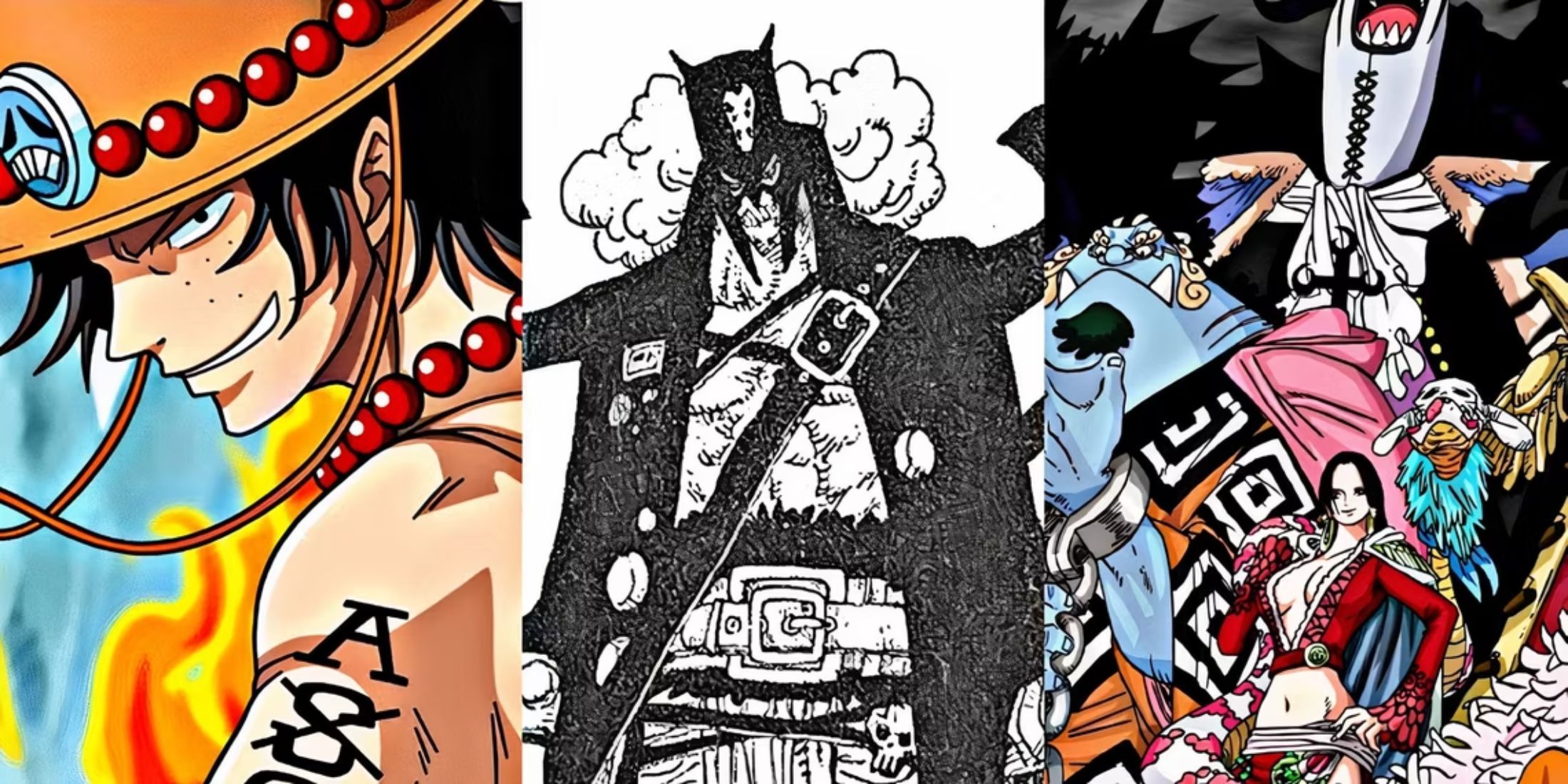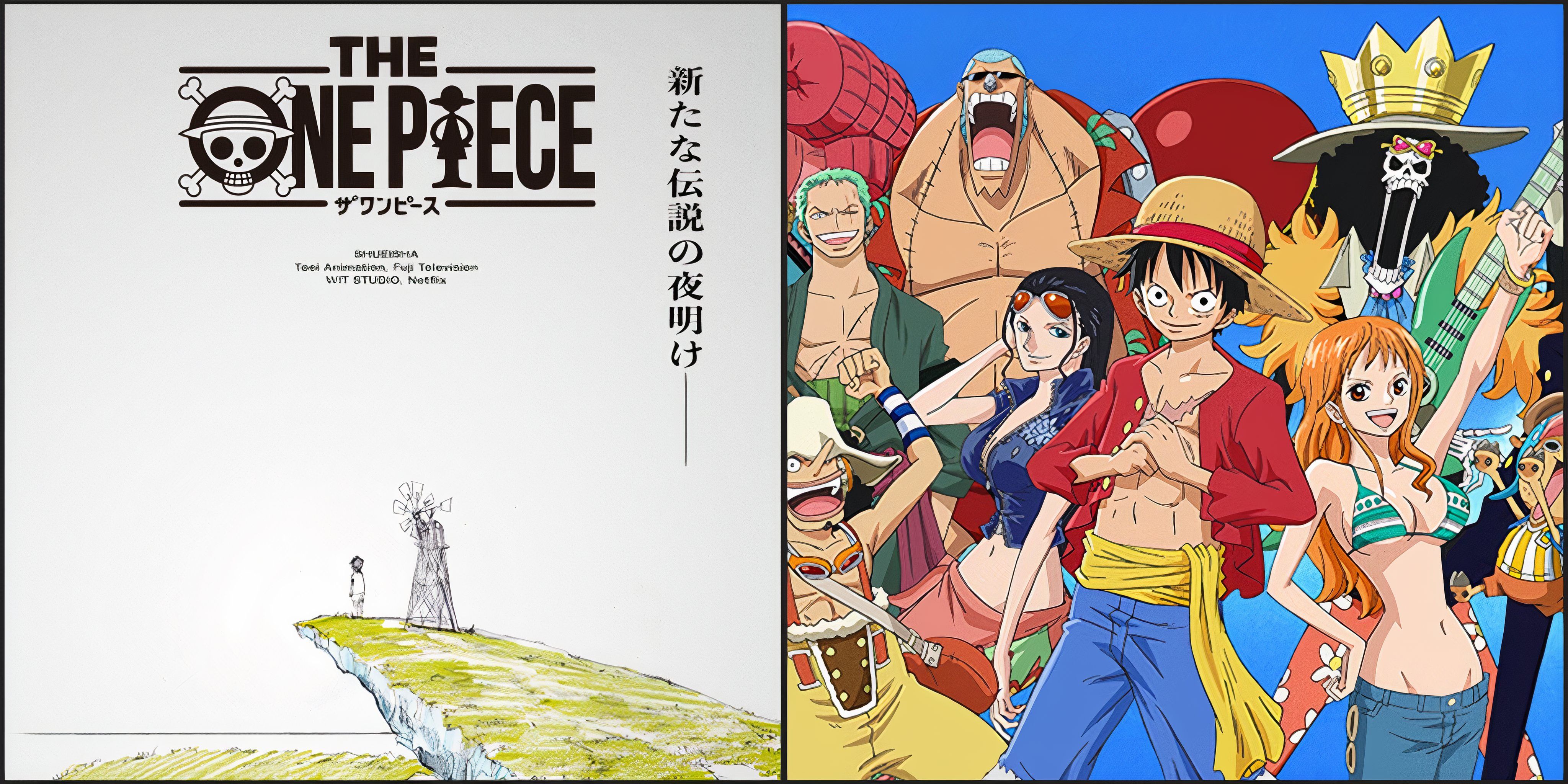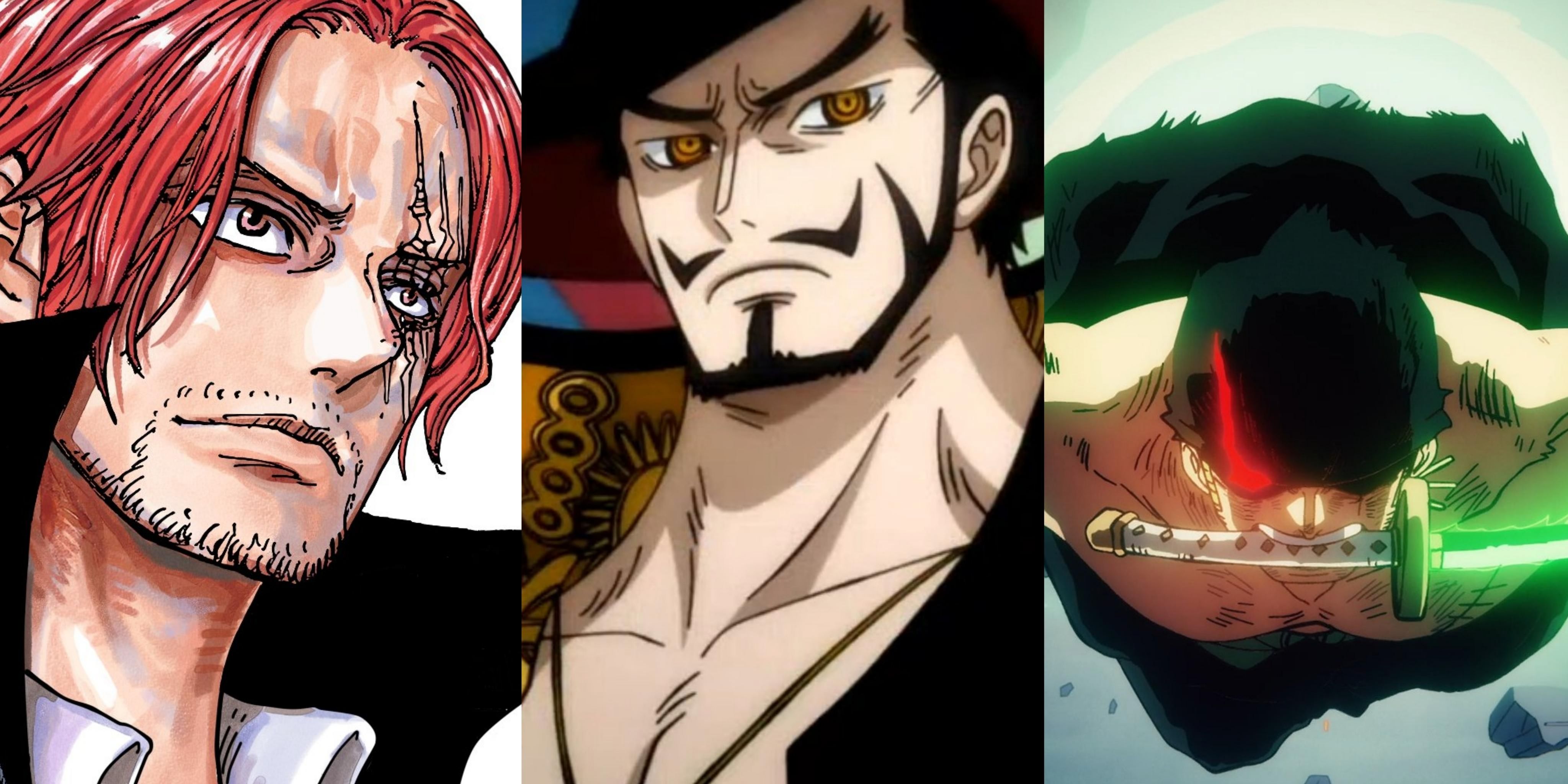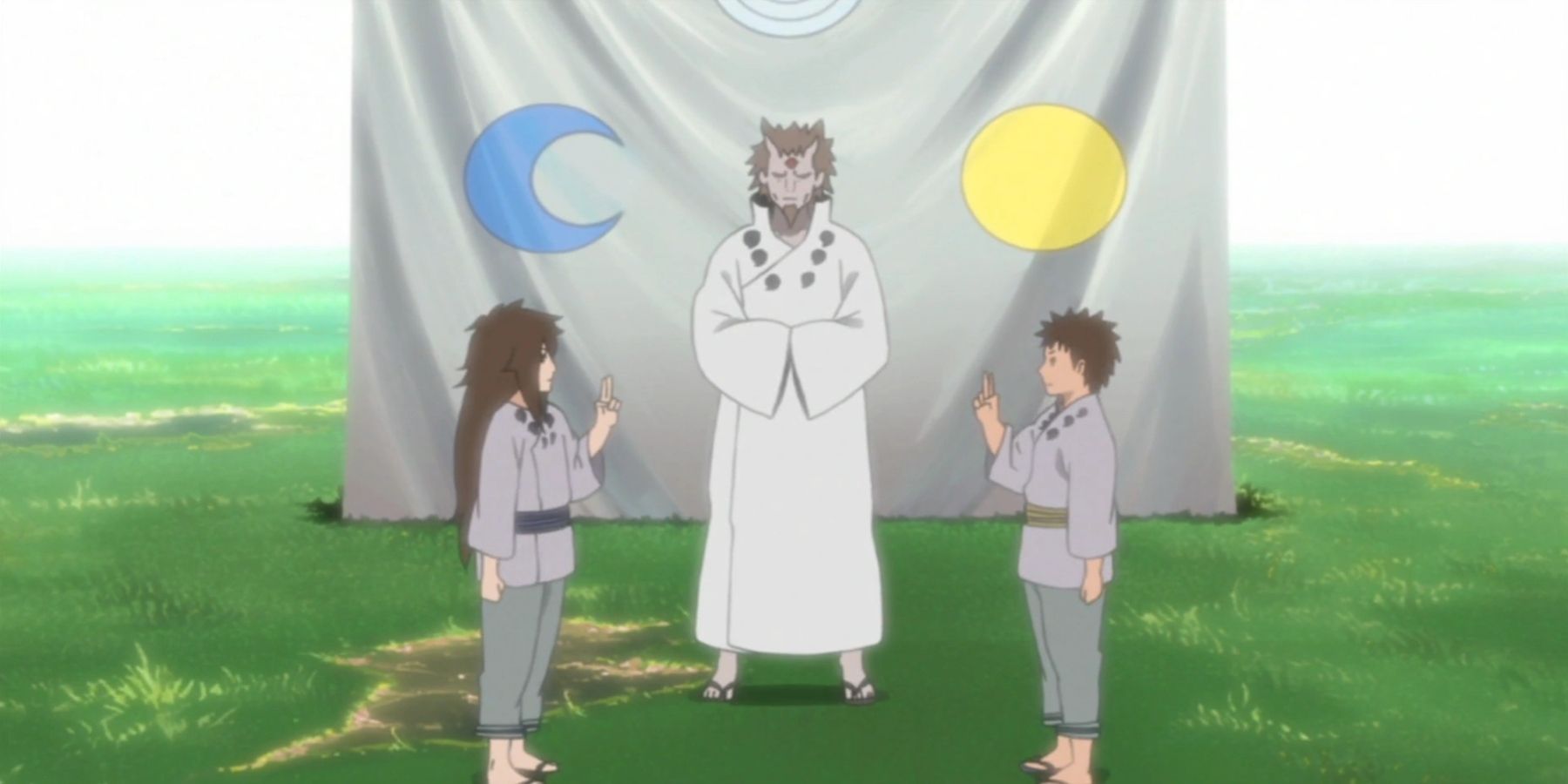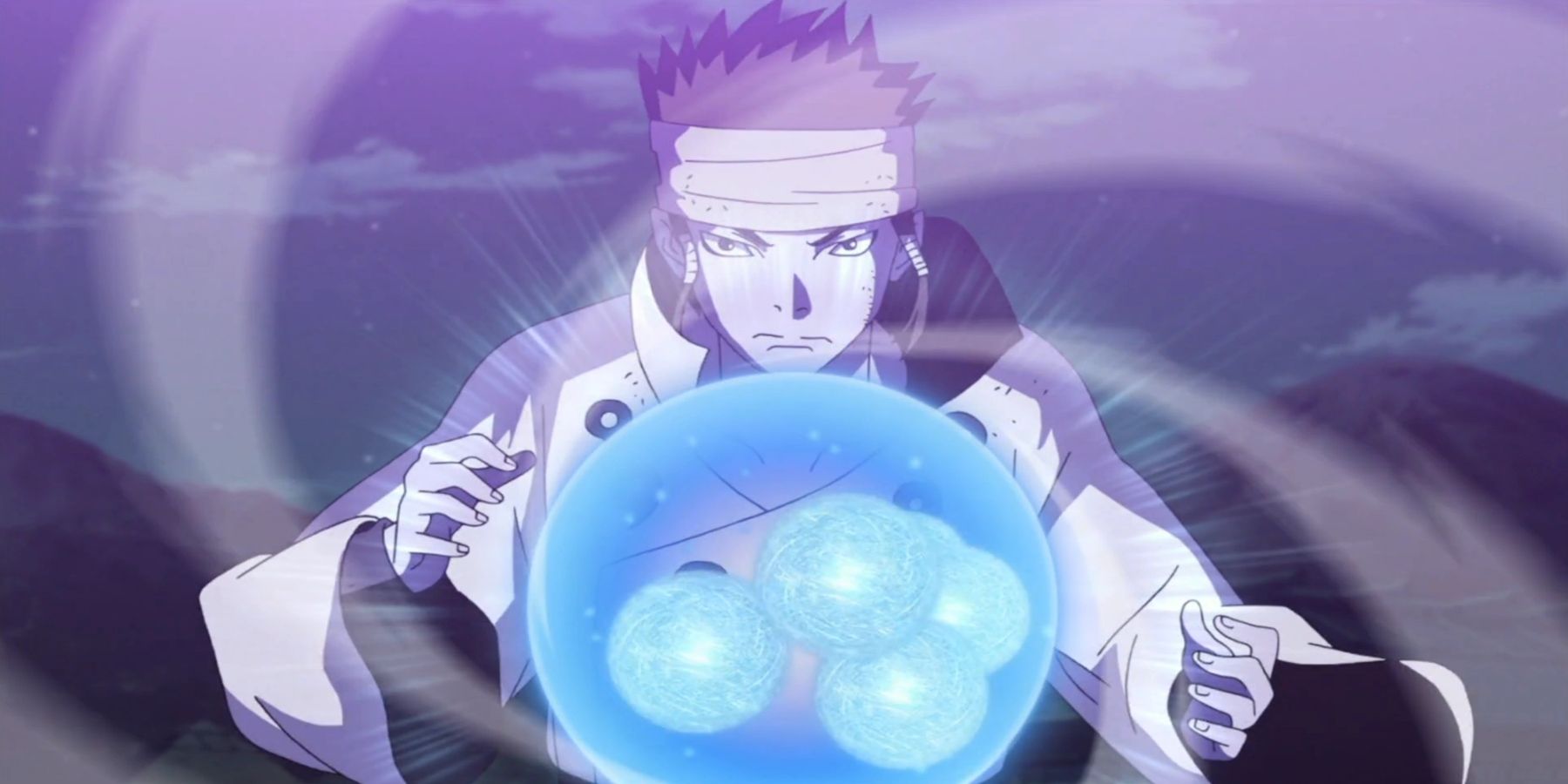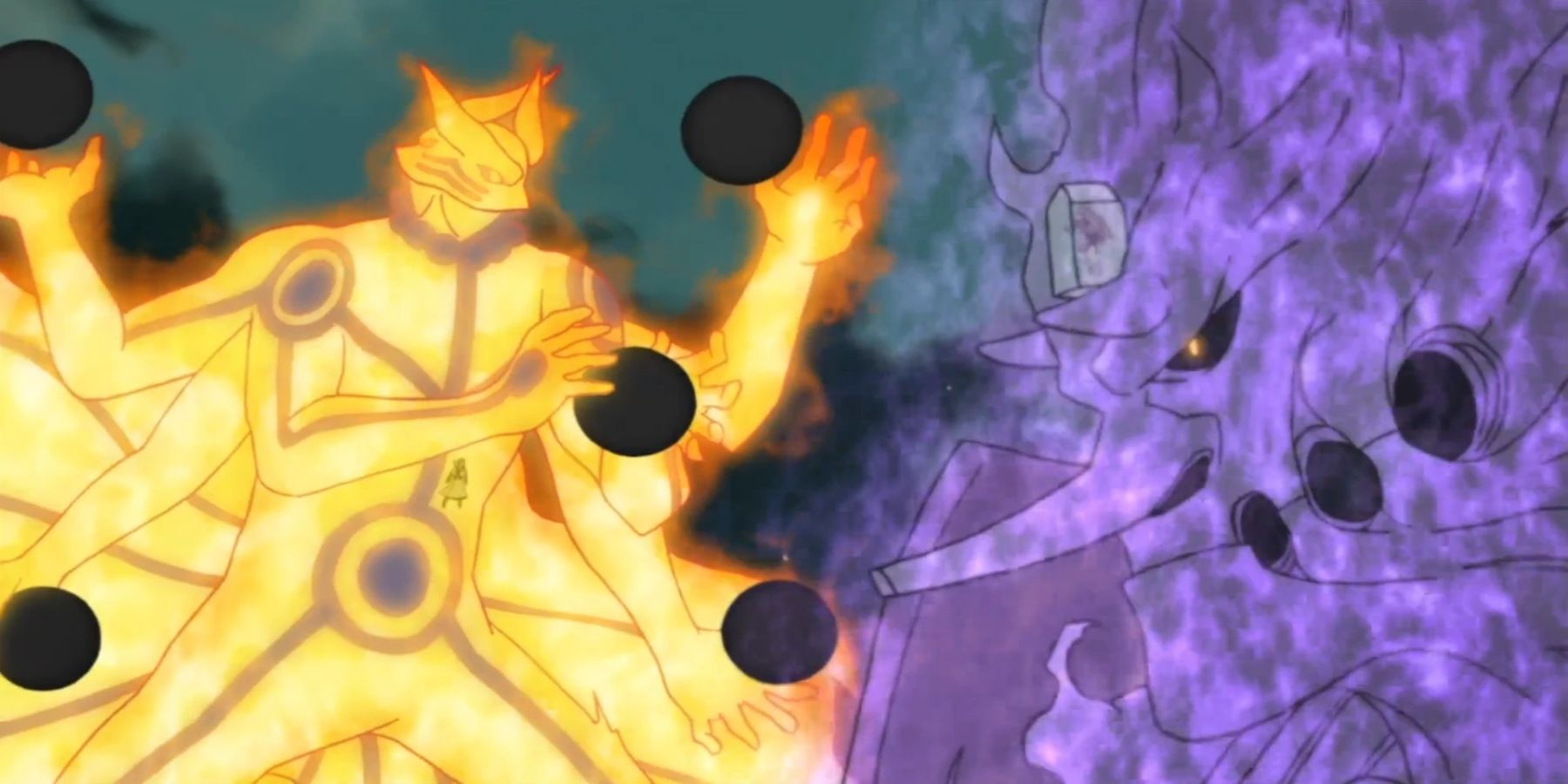The Naruto series draws heavily from Japanese folklore and mythology, incorporating several elements of Shintoism, the country’s indigenous religion. However, other major sources of inspiration for the series are Hinduism and Buddhism, two differing religions with somewhat intertwined concepts. Aspects such as chakra and the Six Paths are drawn from Hindu mythology, with Buddhism propagating similar beliefs.
The influence of these mythologies in the Naruto series becomes heavily apparent from its core plot line following Indra and Asura Otsutsuki, with Sasuke and Naruto being their reincarnations respectively. These god-like characters are rooted in the gods and demigods of Buddhist and Hindu mythology, known by the same names. The characters and their backstories further share many similarities to their mythological origins, adding a layer of complexity to an already intricate storyline.
Asura – The Demigods and Demons
The mythology of Asura tends to differ based on Hindu and Buddhist mythology, with the former denoting Asura as demons and the latter calling these beings demigods or titans. Though one thing that both religions coincide on is the character of these beings and their relation to Indra. Asura are presented as lower beings than Deva or the gods, with many carnal desires and sins such as wrath, gluttony, pride, and envy plaguing these deities.
However, other accounts of Asura don’t necessarily paint these demigods as malicious beings.
To be reincarnated as an Asura, one must have a considerable amount of good karma, with some of these demigods actually bearing positive characteristics. The most accurate account that reflects the mythology in the series is the war between the Asura and the Deva, with Indra being the King of the gods. The rivalry reflects the events between the two brothers Indra and Asura Otsutsuki, and later their reincarnations in the form of Sasuke and Naruto respectively.
While the maleficent qualities of these beings aren’t necessarily reflected in either Asura or Naruto, other positive aspects have been vehemently incorporated. The Asura have been defined as “laden with blessing, lacking in power, absolutely determined to fight,” a description that clearly describes both Naruto and Asura Otsutsuki’s characterizations. Moreover, Asura that can overcome their vices may be able to achieve a higher state of enlightenment, similar to Naruto’s growth in the series.
Indra – The King of Devas (Gods)
Known as Sakra in Buddhist mythology, Indra boasts the highest position in the plane of enlightenment, bearing the title of the King of all gods. The deity is associated with elements such as lightning, storms, and war, comparable to other Indo-European gods such as Zeus. However, other accounts of Indra paint him as a regular deity as he must also undergo the process of rebirth set by the Six Paths.
Indra’s physical attributes and characters are reflected in both Indra Otsutsuki and Sasuke Uchiha’s characters. Bearing natural talent and a strong affinity towards the lightning element, these two characters embody several of Indra’s characteristics. Much of Indra’s significance comes from the battles between the Asura and the Deva, with Indra playing a pivotal role in these battles as the King of the Devas.
While mythology paints Indra as a benevolent king that serves the good, the series doesn’t quite reflect the same sentiments in Sasuke and Indra’s characters. However, it’s implied that Indra has committed a few heinous acts in his lifetime. Moreover, Sasuke and Indra were never exactly evil per se, considering they were only being driven by their beliefs and not pure evil or hatred.
Indra vs Asura
In Hindu and Buddhist mythology, the legendary battles between the Asura and the Deva are significant events, leading up to many defining aspects of both religions. The point of content on both sides is the unending power struggle, with the gods banishing the Asura to a lower realm over their carnal desires. The war is said to continue till this day, with the demigods fighting for their rights to a place on Mt. Sumeru.
While the events of the war certainly depict the Deva and Indra as higher beings and the Asura as beings of a lower plane, the Naruto series takes a contrary approach to the entire narrative. While the characterizations of both sides are retained, the events are twisted to better serve the series’ premise. Asura and Naruto take on the righteous role, protecting all of humanity from a greater threat and propagating the message of peace and love.
Indra and Sasuke, on the other hand, believe that one can only achieve true peace through power. In a way, Sasuke and Indra Otsutsuki did embody Indra’s role from the mythological accounts of being the ruler of all gods, as he kept order among the lands through his divine power. While the events of the series may not be accurate reflections of the mythos, there’s certainly some truth to it, with Hinduism and Buddhism being clear references.

